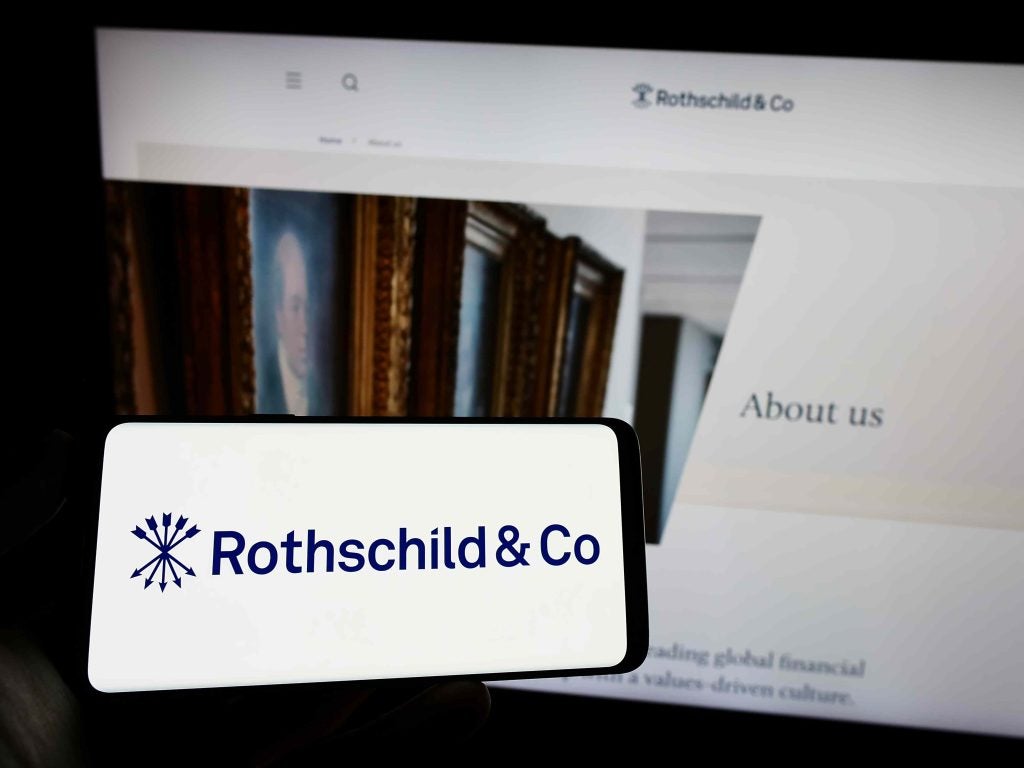The future of the wealth management industry will be shaped by a range of disruptive themes, with robo-advice being one of the themes that will have a significant impact on wealth management companies. A detailed analysis of the theme, insights into the leading companies, and their thematic and valuation scorecards are included in GlobalData’s thematic research report,Robo-Advice – Thematic Research. Buy the report here.
By “robo-advice” we refer to a variety of primarily automated advisory propositions for wealth management, whether they be new D2C propositions, asset managers, retail banks, private/investment banks, tech firms, or adjacent verticals.
The market for direct-to-consumer (D2C) robo-advice is crowded and ripe for acquisition, with many players pivoting to B2B. But the idea that robo-advice has failed is a misnomer. The tech and consumer mega-trends driving digitisation are much bigger than any one robo-advisor – and they are irreversible. The question is how that will play out in the wealth space.
At the mass affluent end, the economics of that business makes digital the only viable distribution model. This segment – soon to inherit vast wealth and already managing most of their lives through digital – represent the next generation of HNW individuals, and incumbents that are under-invested in digital, today risk becoming less relevant to key decision-makers.
However, not all companies are equal when it comes to their capabilities and investments in the key themes that matter most to their industry. Understanding how companies are positioned and ranked in the most important themes can be a key leading indicator of their future earnings potential and relative competitive position.
According to GlobalData’s thematic research report, Robo-Advice, leading adopters include: DBS, UBS, WealthSimple, Betterment, T Rowe Price, Scalable Capital, Moneyfarm, SigFig, Acorns and JPMorgan Chase.
Insights from top ranked companies
DBS
DBS rolled out a hybrid robo-advisor in September 2019 that gives users access to between four and seven ETFs. Rather than use optimisation techniques, algorithms, or AI to construct portfolios, the role of robo technology is confined to the trading cycle and administrative functions, targeted at the inexperienced retail investor.
Betterment
Founded in 2008, Betterment is one of the legacy robo-advisors. AUM went from $1bn in 2014 to $14bn in 2018. It uses a goal-based approach, with larger accounts having access to advisors. The company claims that by leveraging analytics its portfolios offer 2.66 percentage point higher returns per year (of which 0.40 percentage points is thanks to automated rebalancing) compared to industry incumbents. The growth of Betterment’s AUM base is supported by the company’s offering for advisors, first started in 2014 through a partnership with Fidelity. This white-label solution allows the company to manage the assets of investors who are not comfortable engaging with a start-up brand but are happy to benefit from technology offered by an advisor they have a relationship with.
Scalable Capital
Scalable Capital was created in 2016. It targets the UK, Germany, Austria, and Switzerland. In May 2018, its AUM stood at €1bn. Its management fee is 0.75% and underlying fund costs are 0.24% on average. Scalable Capital is a privately-owned business. BlackRock (the world’s largest asset manager) owns a share in the business, along with the founders and two German venture capital firms. It focuses on B2B and partners with banks such as ING.
To further understand the key themes and technologies disrupting the wealth management industry, access GlobalData’s latest thematic research report on Robo-Advice.
- HSBC
- BlackRock
- SoFi
- RBC
- Bank of America
- Empower Retirement
- Charles Schwab
- Goldman Sachs
- Vanguard
- Stashaway
- Robinhood
- Magnum Research
- Fidelity
- Wells Fargo
- OCBC
- Societe Generale
- Morgan Stanley
- UOB
- TrueWealth
- BNY Mellon
- St. James's Place
- Lombard Odier
- Bank of Montreal
- Santander Group
- ABN AMRO
- Citigroup
- Raymond James
- Julius Baer
- Vontobel
- UBP
Data Insights
From

The gold standard of business intelligence.
Blending expert knowledge with cutting-edge technology, GlobalData’s unrivalled proprietary data will enable you to decode what’s happening in your market. You can make better informed decisions and gain a future-proof advantage over your competitors.









